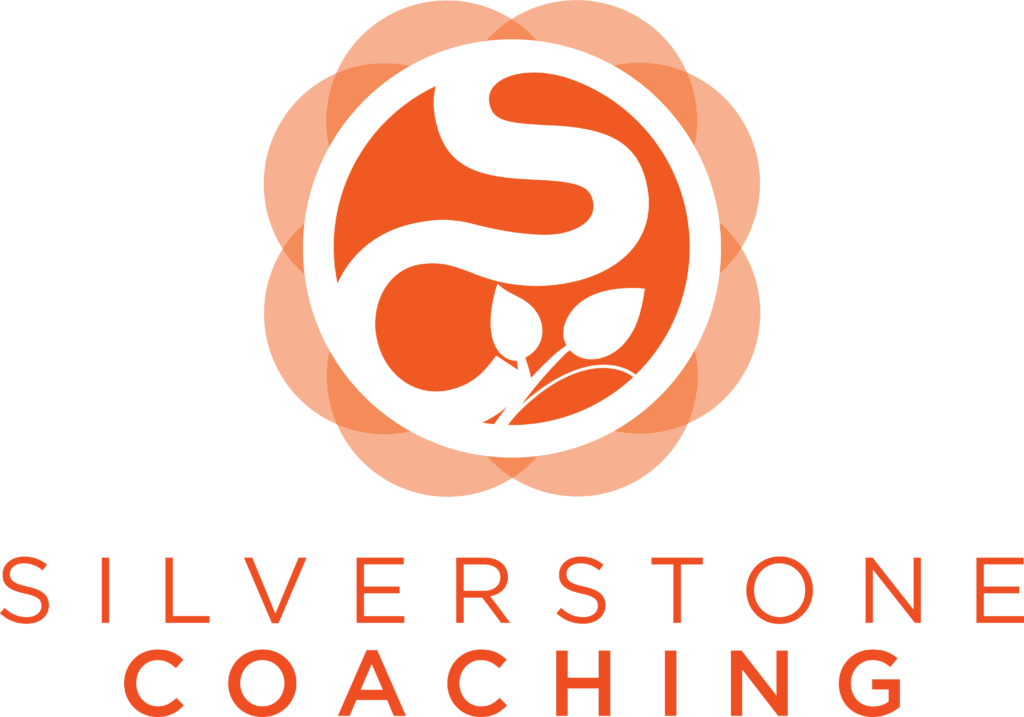In a world driven by productivity, efficiency, and results, we often confuse doing with being. We hear about the importance of authenticity, but it’s easy to fall into the trap of thinking it’s just another checkbox on our to-do list—something we need to do to be perceived as real or genuine. The truth, however, is that authenticity isn’t something you can manufacture or put on display through actions alone. Authenticity is a state of being, not a series of tasks. It’s about embodying your true self in every moment, not just performing certain behaviors.
At its core, authenticity is about self-awareness. It’s the deep understanding of who you are—your values, beliefs, strengths, and even your vulnerabilities. When you connect with this core understanding, you naturally express yourself in ways that are aligned with your true nature. This alignment feels effortless because you’re not trying to fit into a preconceived mold or live up to external expectations. Instead, you allow yourself to be, fully and unapologetically.
Why is this distinction so important, especially in the workplace?
In a professional setting, there’s often pressure to conform. We may find ourselves adopting certain behaviors or mindsets because we believe that’s what’s expected or required for success. But when you operate from a place of doing—where your actions are dictated by external standards—you can easily lose touch with who you truly are. Over time, this creates tension, both internally and externally. You may feel like you’re playing a role rather than showing up as yourself, leading to burnout, dissatisfaction, and shallow connections.
On the other hand, when you embrace authenticity as a state of being, everything changes. You’re no longer performing; you’re simply showing up as you. This level of self-awareness and acceptance allows you to navigate challenges with greater resilience and integrity. You make decisions that are aligned with your values, even when they may be difficult. You communicate with clarity and confidence, knowing that you’re not trying to please everyone—you’re simply expressing yourself truthfully.
The Impact on Relationships and Leadership
Authenticity fosters stronger relationships, both in the workplace and in your personal life. People are naturally drawn to those who are genuine, who radiate a sense of ease and comfort in their own skin. When you stop trying to be what you think others want and start being true to yourself, you inspire others to do the same. This creates a ripple effect, cultivating an environment where openness, trust, and collaboration thrive.
For leaders, authenticity is especially powerful. Authentic leaders don’t just lead through titles or authority; they lead through example. When leaders embrace their true selves and allow vulnerability to be part of their leadership style, they build deeper connections with their teams. Employees are more likely to follow a leader they trust, and trust is built on authenticity. By being real, you encourage others to bring their whole selves to work, which can lead to higher engagement, creativity, and collaboration.
How to Cultivate Authenticity as a State of Being
So, how do you shift from “doing” authenticity to “being” authentic? Here are a few steps to help you get started:
- Self-reflection: Take time to regularly reflect on your values, beliefs, and what truly matters to you. What motivates you? What are your boundaries? Where do you feel out of alignment in your life or work? The more you understand yourself, the easier it becomes to show up authentically.
- Embrace vulnerability: Authenticity requires vulnerability. It means being open about your strengths and your weaknesses. It’s about letting go of perfection and allowing others to see the real you. This can be challenging in professional settings, but vulnerability is what fosters real connection.
- Let go of external validation: True authenticity means you are not constantly seeking approval from others. While feedback and input can be valuable, make sure your decisions and actions are rooted in what aligns with your core self, not just what you think others expect from you.
- Consistency is key: Authenticity isn’t something you “turn on” in certain situations. It’s about being consistent in who you are, whether you’re in a meeting at work, with friends, or by yourself. When you live in alignment with your values, your actions will naturally reflect your true self.
- Mindfulness: Mindfulness practices can help you stay connected to the present moment and your true self. Regular meditation, journaling, or simply taking moments to pause and check in with yourself can help you stay grounded in your authenticity, especially when life gets busy.
Final Thoughts: Authenticity is a Journey, Not a Destination
Remember, authenticity isn’t about reaching a final destination where you’ve “mastered” being yourself. It’s a journey that evolves as you grow. As you encounter new experiences and challenges, your understanding of your authentic self may shift, and that’s okay. What matters most is staying connected to who you are in each moment and allowing that connection to guide your actions, decisions, and relationships.
When you focus on being rather than doing, you allow yourself to live with greater ease and purpose. The pressure to perform melts away, and in its place, you find a sense of freedom—freedom to be yourself, to express yourself fully, and to live a life aligned with your true values. In the end, this is what creates lasting fulfillment, both in your work and your life.



